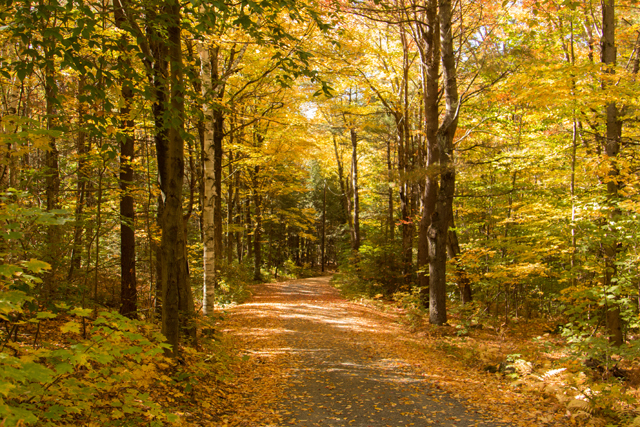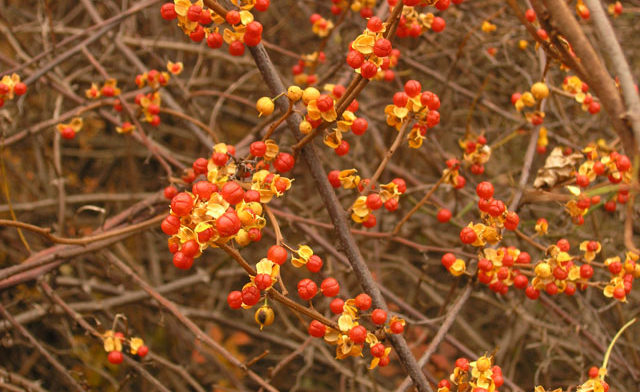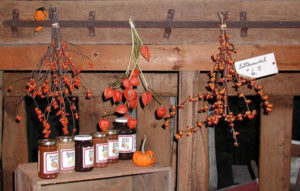Will you be a champion for nature?

With a new Congress and administration taking shape in Washington, the future of our environment may be in jeopardy. Massachusetts has long been a national leader in the fight to protect the environment. Mass Audubon, as the largest conservation nonprofit in the state, has been at the forefront of this movement, working at the federal, state, and local levels of government to fight climate change and protect the nature of Massachusetts.
Today our resolve is stronger than ever. With your help we will:
Prevent a backslide on environmental laws and progress at the federal level. Pushing for renewal of the Clean Air and Clean Water Acts, and advocating for continued U.S. involvement in the Paris Climate Agreement are just a few examples.
Ramp up our work at the state and local levels of government. Plenty of good work on climate change and other environmental issues is happening in cities and towns across Massachusetts. Mass Audubon will step up our efforts on Beacon Hill and in local communities for continued progress.
Work with conservation partners to promote a strong environmental agenda. In light of early signals from the new administration, we will be ever vigilant, continuing to advocate for standards that reduce carbon emissions, protect endangered species, and promote the health of children and families.
We’ve been fighting for the environment for 120 years, so we are ready for whatever comes next. But we need you.



